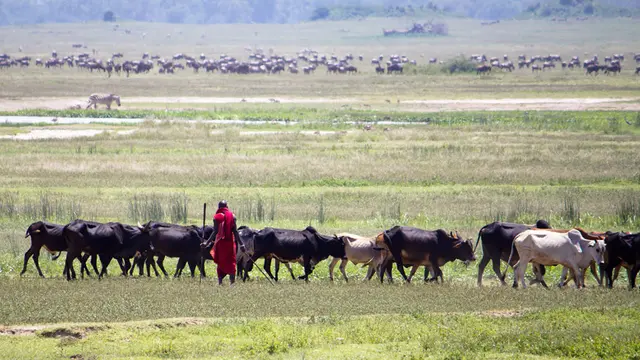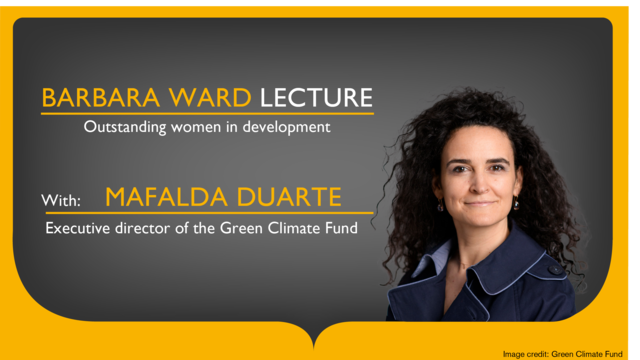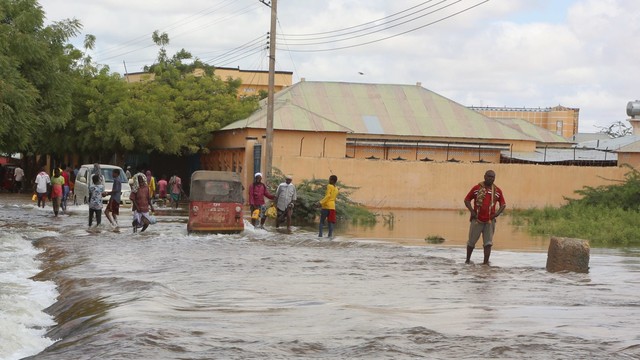Will climate pledge lead to Australia 'keeping coal in the hole'?
As the high-level section of the 20th Conference of the Parties (COP20) gathers pace in Lima, delegates warmly received the news that Australia has pledged US$166 million to the Green Climate Fund (GCF).

A view from Australia as the moon blocks out the sun in 2002. Now, Australia's decision to pledge $166 million USD to the Green Climate Fund means light is again on the horizon (Photo: NASA/ESA)
The pledge, which has been reported largely as a U-turn by Prime Minister Tony Abbot, comes just 24 hours after the 2015 Global Climate Change Performance Index (PDF) ranked Australia as the worst performing industrial country in terms of climate change in 2014.
IIED director Camilla Toulmin said: "It's extraordinary the difference a day can make. For some time we have witnessed Tony Abbott's government reversing progressive climate change legislation, championing coal as the world looks to phase it out, refusing to truly engage with the climate debate or make a pledge to the Green Climate Fund.
"Perhaps the Climate Change Performance Index was the final humiliation needed and this marks the beginning of Australia keeping coal in the hole."
Australia has had a rocky few months around how it presents its climate change politics.
It did not attend the Berlin GCF pledging summit when Britain made the EU's biggest donation and, when it came to hosting the G20 in Brisbane, the US had to lobby to have climate change added to the agenda.
The G20 marked a difficult week that saw Australia increasingly isolated, as the US and Japan made the two largest pledges to the fund, the US and China signed a bilateral emissions reduction agreement and, just days after the G20 ended, its closest climate ally – Canada – pledged $265 million to the GCF, highlighting sharply Australia's failure to pledge.
In November, a report from the United Nations Environment Programme (UNEP) found that Australia was one of just four countries – Australia, Canada, Mexico and the US – likely to miss their current 2020 emissions targets.
Linked to this, the bottom six countries on the Climate Change Performance Index (Russia, Iran, Canada, Kazakhstan, Australia and Saudi Arabia) all have a great deal of fossil fuel resources and very strong fossil fuel lobbies, who have even argued that restricting coal use in developing countries will kill people.
There is concern that the Australian pledge is coming from existing foreign aid budgets, which has also been the case in other countries, such as the UK. Toulmin explained: "It is unfortunate that this is likely to be a recurring issue when it comes to the climate pledges. These donations should not be taking funds away from other vital overseas aids projects, such as public health or literacy."
The GCF has met its target of £10bn by the end of 2014 and currently stands at US$10.14 billion. However, this should not be a cause for complacency, as the UN-identified global target for finance is $100 billion a year by 2020.
Toulmin added: "The news of Australia's financial climate pledge was met with applause in Lima and will no doubt be a heartening development for weary negotiators working to get agreements on a framework for Paris. I hope this momentum continues to push the Australian government in the right direction."


